A Decade of Excellence
Limeup is a highly acclaimed software QA and testing company, renowned for its deep understanding of diverse industries and mastery of state-of-the-art testing methodologies.
Limeup is a highly acclaimed software QA and testing company, renowned for its deep understanding of diverse industries and mastery of state-of-the-art testing methodologies.

Thanks to modern tools and creative testing techniques, our software QA and testing services are widely respected for their excellence. You can benefit from working with us in the following ways:
Our manual testing procedure is a painstaking, practical way to make sure your software satisfies the highest quality requirements. To find usability problems, glitches, and inconsistencies across many platforms and devices, our testers mimic actual user interactions.
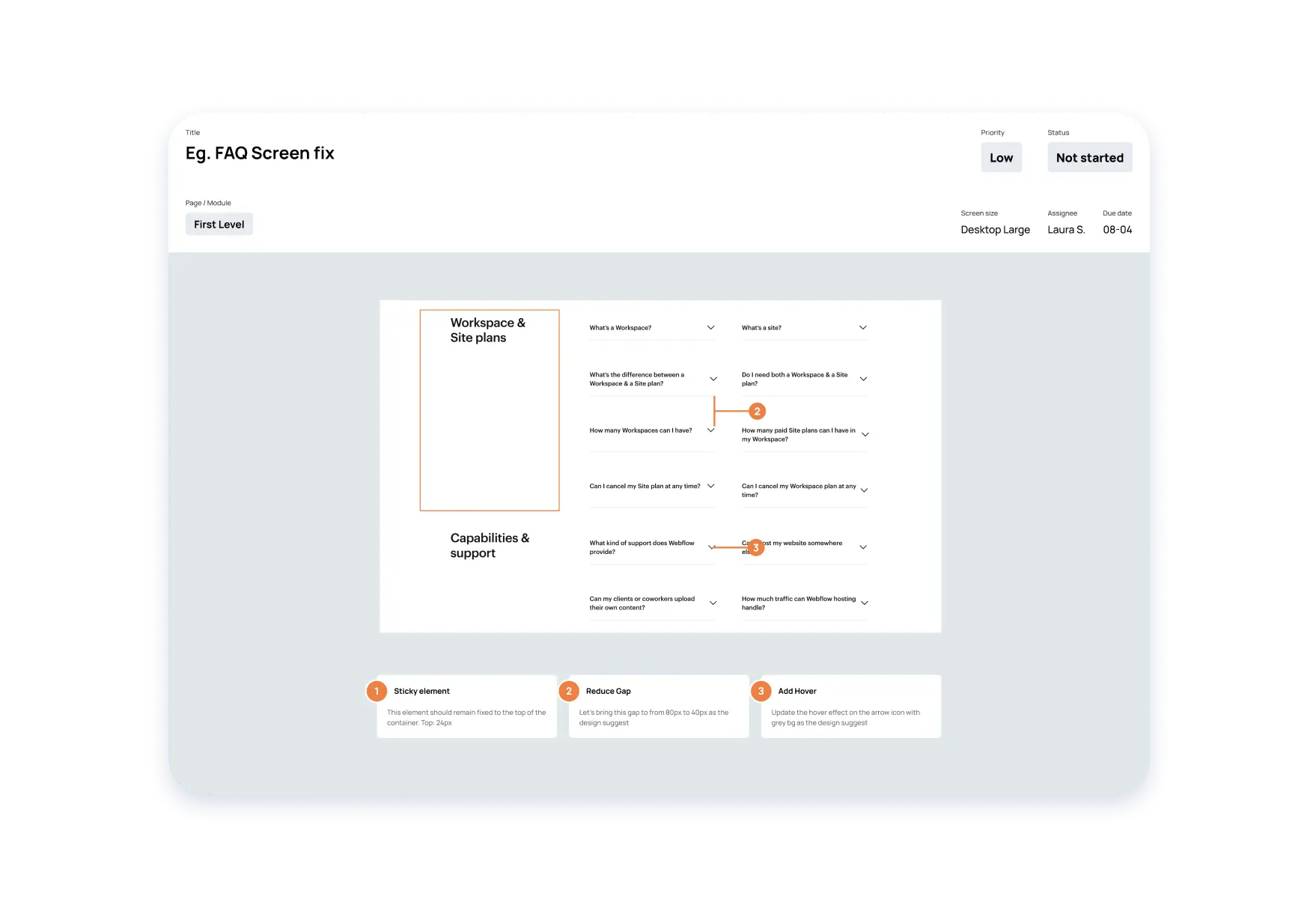
With our automation testing, we speed up the testing process while maintaining accuracy and efficiency. We can swiftly validate large-scale apps and make sure they operate at their best in any situation by automating repetitive tests.
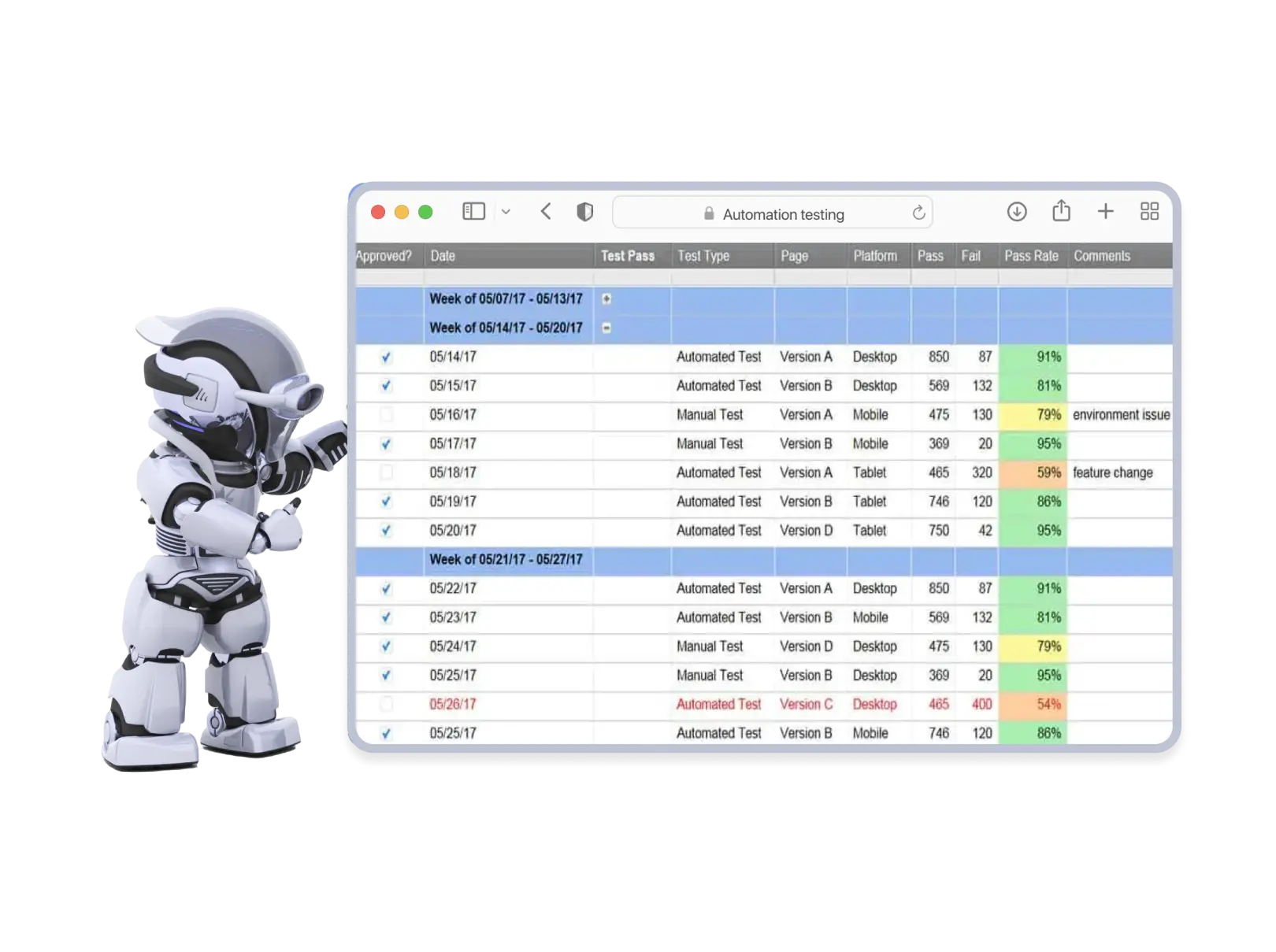
Limeup assists in making sure your application is capable of managing large amounts of user activity and traffic. You can grow your app with confidence and maintain peak performance by using our load testing, which mimics various scenarios to find performance bottlenecks.
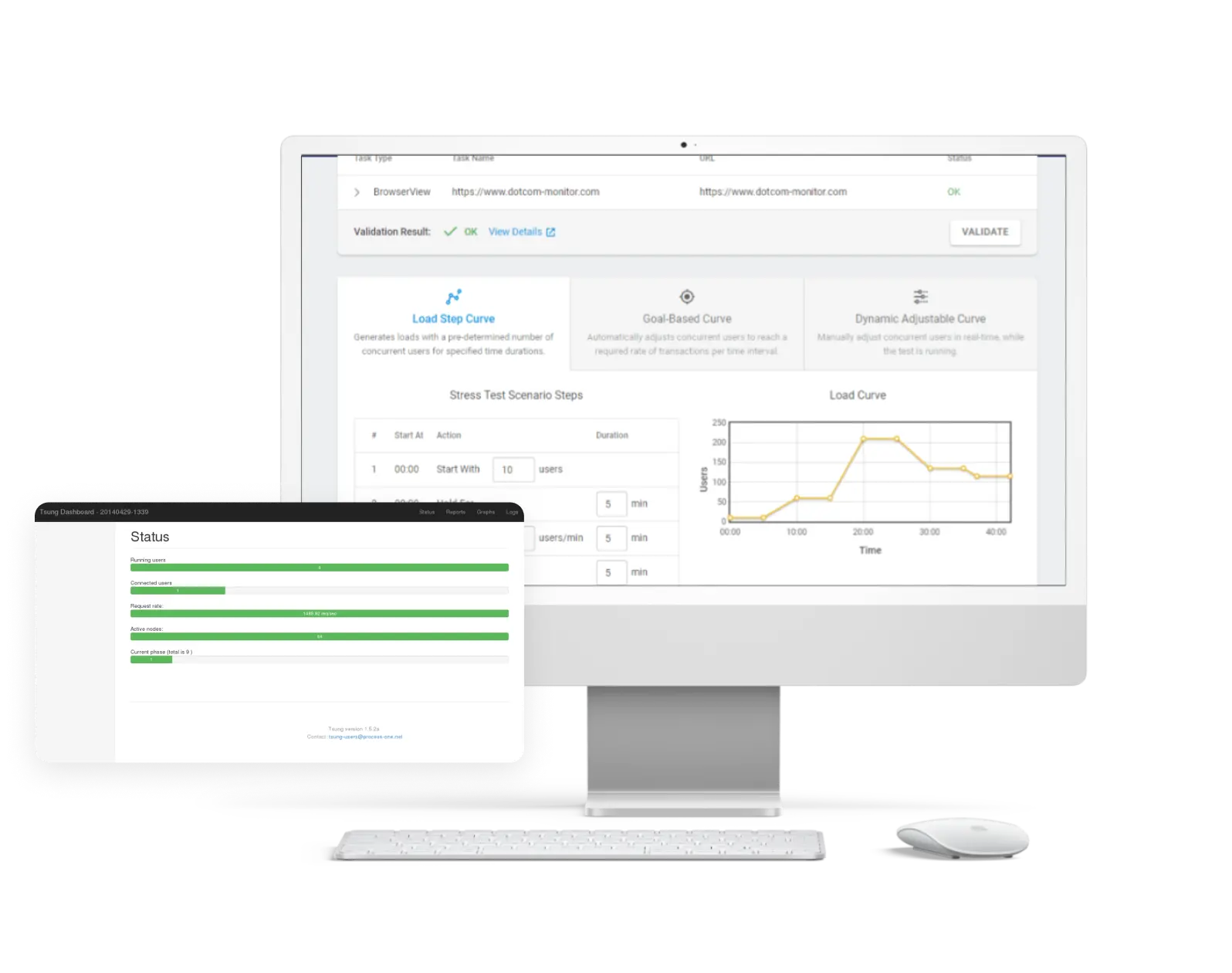















We are the preferred partner for high-quality software quality assurance and testing, relied upon by startups, growing businesses, large enterprises, and industry giants. Here’s why Limeup is picked above other industry providers:

Limeup has earned a solid reputation as a dependable and capable software quality assurance and testing vendor across the globe.
We dive deep into understanding your business, identifying requirements, gathering insights, and aligning our strategy with your goals.


We extensively evaluate every component of your program using a combination of automated and manual testing methodologies to make sure it satisfies the highest requirements.
Our testing team examines test results, provides insightful input, and makes any adjustments.


Once all tests are complete and your software is polished, we finalize the process and ensure smooth deployment for optimal performance.
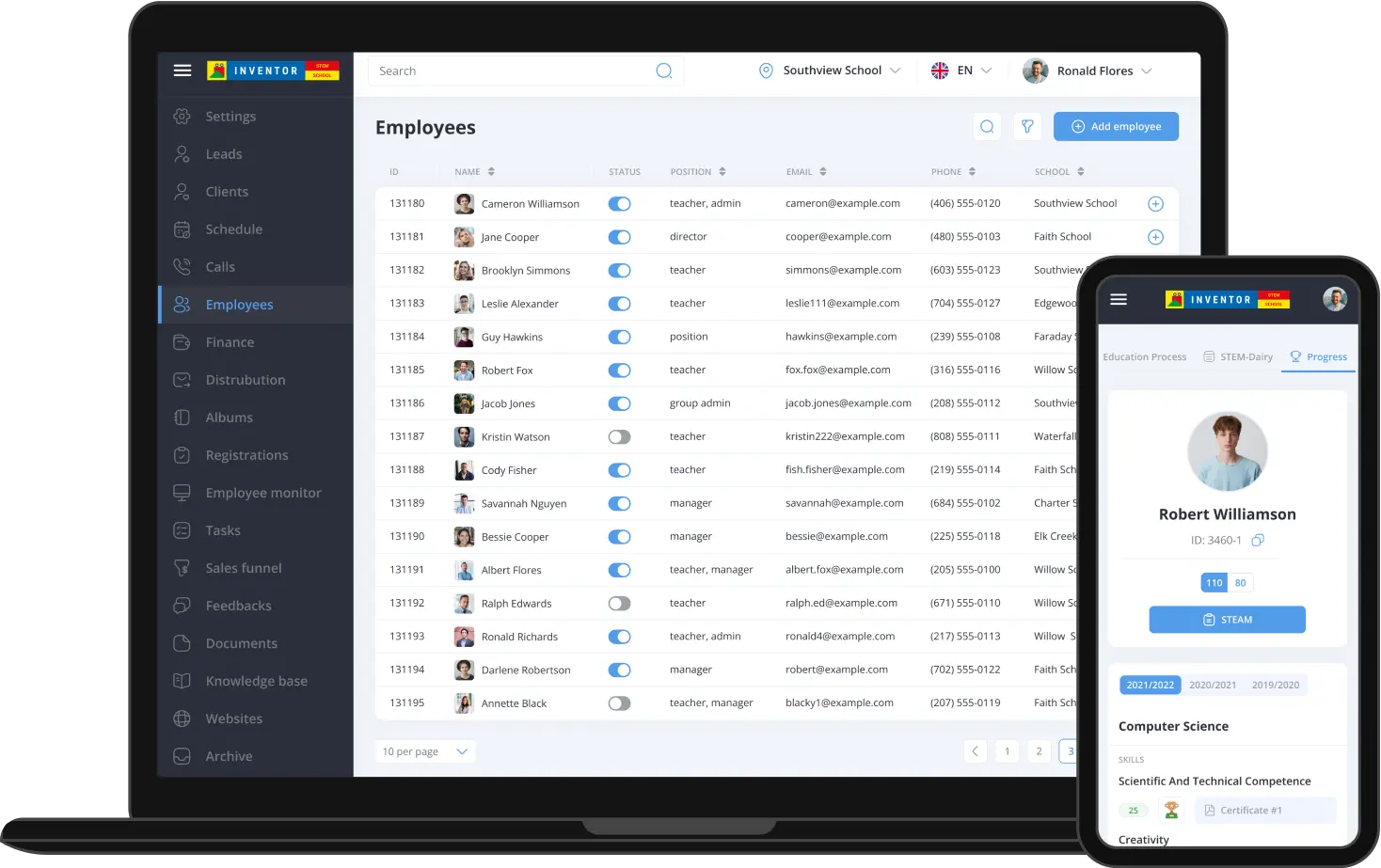

Limeup helps businesses worldwide elevate their software quality through unparalleled expertise, warranting success with our dedicated team. Here's what you can gain by partnering with us:
We enhance your software's performance and reliability by leveraging the latest testing tools and methodologies. Your application will undergo rigorous automated and manual testing to meet the highest standards of security, stability, and functionality.
Our QA specialists approach every project with honesty and creativity, taking on the most difficult problems and turning them into productive, error-free solutions. We remain devoted to producing high-quality results despite any difficulties.
We facilitate a smooth, transparent process with constant adaptability and confidentiality, managing every step to maintain steady progress. Our team collaborates with you, incorporating feedback at each stage to keep the project on track and aligned with your objectives.
Throughout the project, you will have open communication with our testing specialists, including the CTO and important team members. We are always here to answer your questions and maintain a pleasant and productive working relationship.
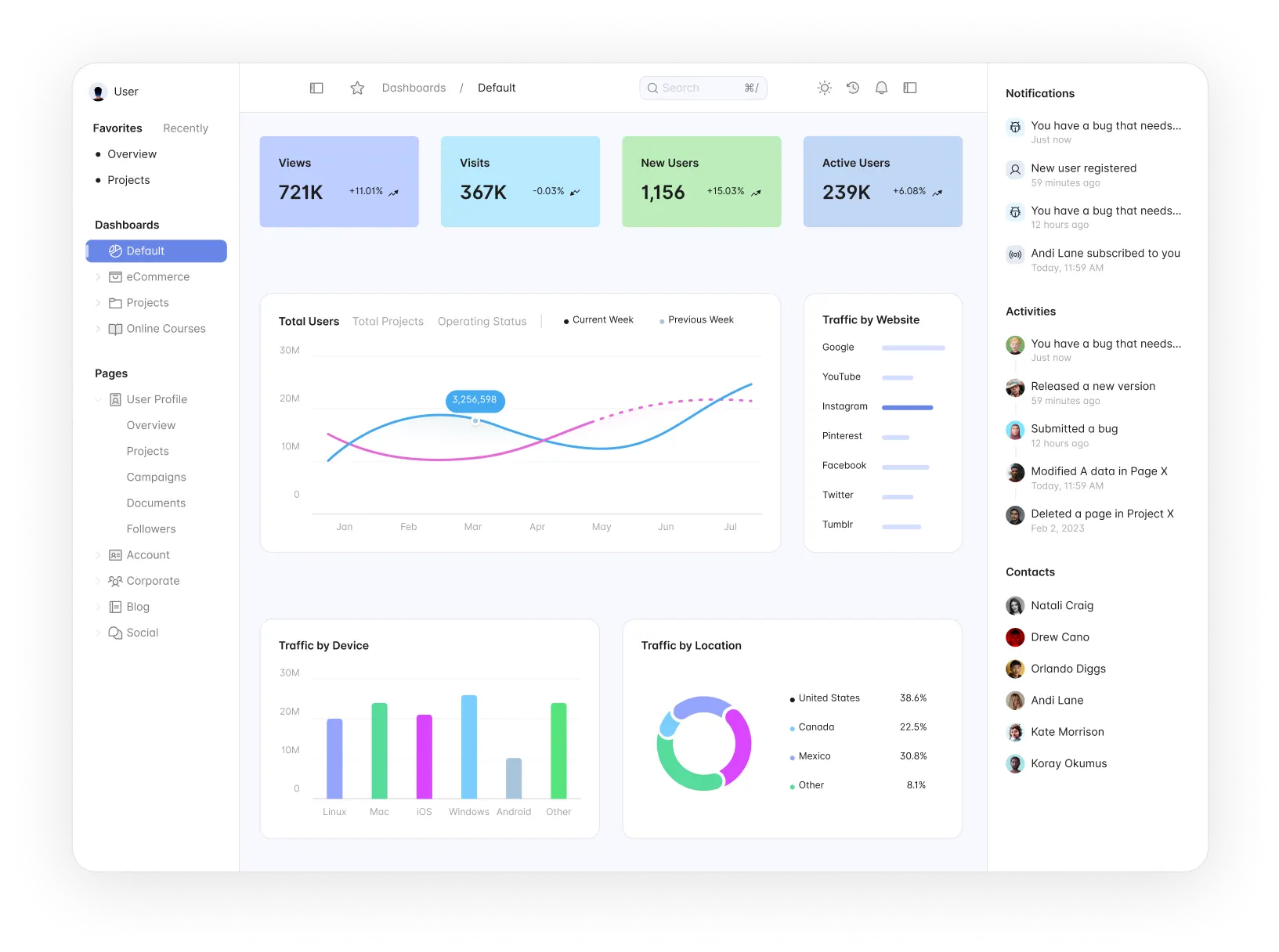
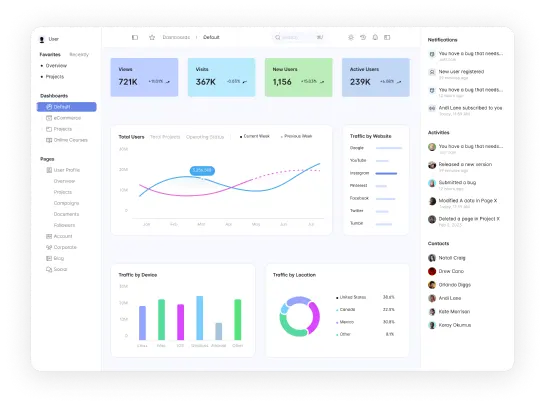
Give an explanation of your project's goals.

The right technical team will be assigned based on your demands.

We'll get started, give frequent updates, and continue to be flexible.
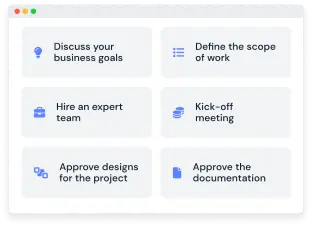
At Limeup, the cost of software QA and testing services is influenced by the level of complexity of the project, the size of the application, and the kind of testing required — with each factor adding its own twist to the final price tag. For example, basic testing services like functional and regression testing might be less expensive, while advanced testing services like automation, security, or performance testing will typically cost more.
Software testers often earn between $30 and $150 per hour, based on their level of experience and the area in which they work. Furthermore, a major factor in the total cost is the pricing strategy used by the testing service provider. While some businesses provide fixed-price contracts based on the project’s expected scope and duration, others charge on an hourly basis.
Monthly retainer agreements may be more cost-effective when continuous or long-term testing services are needed. Your unique requirements, such as whether you require continuous quality assurance throughout the software lifecycle or one-time testing, must be taken into account because they have an impact on the ultimate cost.
Software quality assurance (QA) services at our company encompass a wide range of testing methods to ensure that your application meets the highest standards of functionality, performance and security. Here are some of the most common types of software testing included in QA services:
A number of variables, such as the project’s scope, budget, schedule, and specific objectives, will influence your choice of testing approach. Understanding your application’s requirements, including its functionality, performance standards and security requirements, is the first step.
Our QA specialists can choose the most suitable testing kinds by examining these variables. For instance, a mobile app may require more attention to usability and compatibility testing than an e-commerce platform, which will need more thorough functional and security testing.
Next, we at Limeup believe that the testing strategy is greatly influenced by the project’s complexity. Manual testing could be enough for simpler projects to guarantee that the essential features are operating as intended. However, automation testing is frequently chosen for larger, more complicated systems in order to expedite the process, enhance coverage, and simplify repetitious testing activities.
The project’s scope, schedule, and requirement for frequent updates must all be considered while deciding between automated and manual testing. In the long term, automated testing is a more effective and economical option if regular upgrades or modifications are expected.
At Limeup, the span of the QA and testing cycle is influenced by numerous variables and can vary greatly depending on:
Application complexity. For smaller and less complex applications, the testing cycle typically takes a few weeks to a month. These projects often focus on functional testing, which is more straightforward and quicker. If the application is stable before QA begins, the timeline can be shortened.
Project scale. Larger, more complex applications with multiple platforms, integrations, or advanced functionality may require several months to complete the testing cycle. Such projects typically include a mix of security, performance, load, and user acceptance testing, all of which take more time to execute and analyze. Testing across various devices, browsers, and operating systems further increases the time needed for compatibility testing.
Iterative testing and feedback loops. The QA cycle may be extended if multiple rounds of testing and feedback are required. Developers need time to address issues, followed by retesting to confirm that the issues have been resolved. Additional cycles may be needed if new bugs emerge or if new requirements arise during testing.
Close collaboration between the QA team, developers, and project managers ensures a thorough process, but more intricate applications will naturally extend the overall timeline.

Account Executive

Business Development Manager